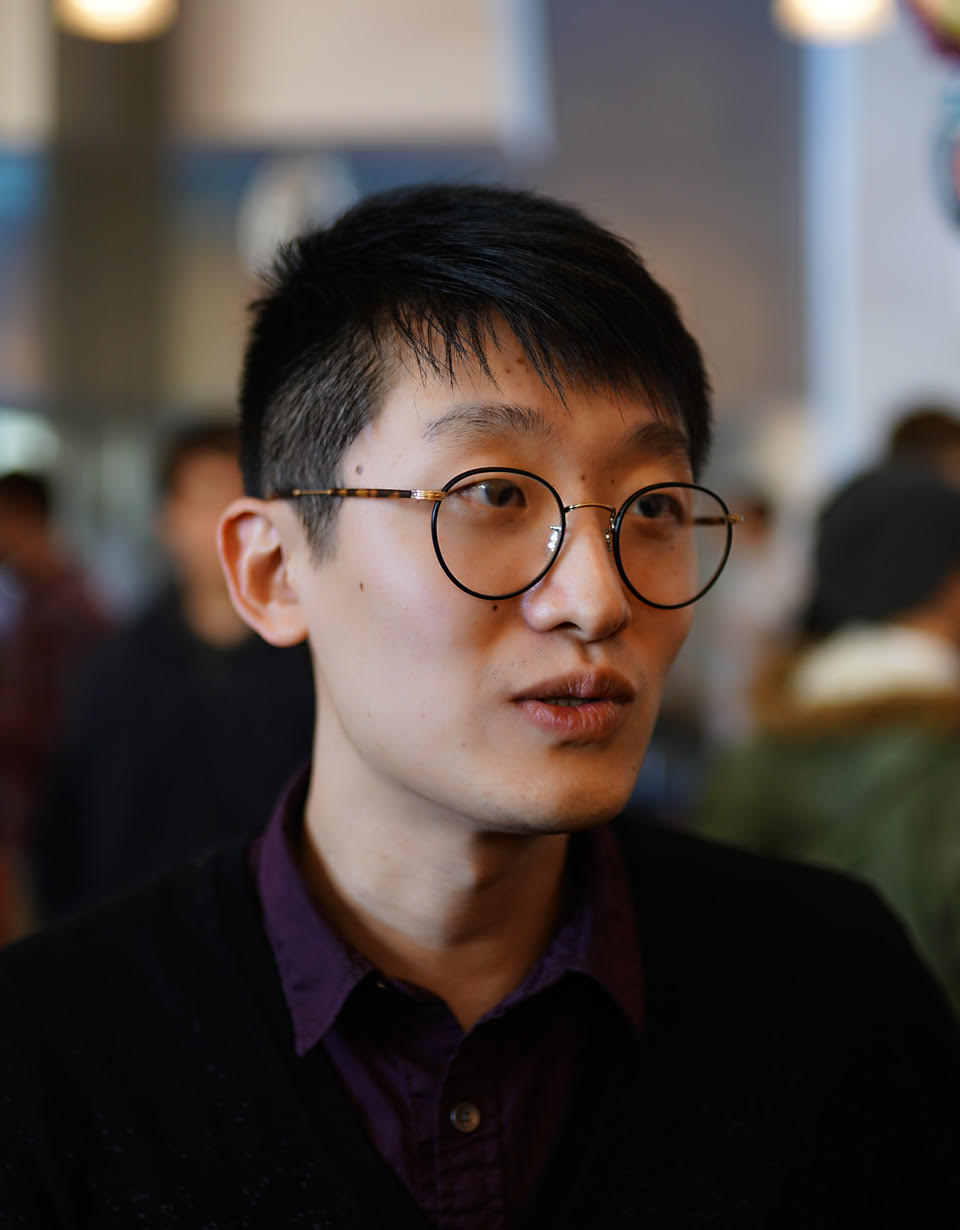Faculty Candidate Seminar
From Systemic to Regional: Personal Health and Medical Monitoring Systems that Adapt to Individual Variance
Add to Google Calendar

Doctors require biometric sensor data to improve diagnostic accuracy, monitor a patient’s recovery progress, and make informed decisions about further treatment. Advances in electronics and sensing technologies have led to the development of remote monitoring devices, such as for ECG and blood pressure, which can collect biometric data outside of the clinic. However, these forms of systemic biometric signal monitoring only capture limited aspects of one’s overall health, lacking detailed information on specific local body regions. In addition, individual patient health conditions are diverse and often complex. Thus, traditional sensing techniques, while effective for the broader population, often do not meet the unique needs of specific patient groups, especially for environments beyond clinic and home.
In this talk, I will be presenting my work around personalized health and medical monitoring systems that adapt to individual variance, including muscle engagement monitoring during unsupervised rehabilitation, upper airway obstruction monitoring for obstructive sleep apnea, as well as device and measurement setup customization based on the patient’s regional body physique and use environment.
Junyi Zhu is a final-year Ph.D. candidate from MIT EECS department and Computer Science and Artificial Intelligence Laboratory (CSAIL). His research lies at the intersection of fabrication, novel sensing technologies and human-computer interaction, with an emphasis on health and medical applications. He designs and fabricates personalized health and medical sensing devices that can be used for both dynamic in-field environment for remote monitoring and diagnosis sessions, as well as in-clinic monitoring along with other medical procedures, to provide more temporal and spatial information for doctors and physicians.
During his PhD, he collaborates closely with medical doctors and clinicians from Massachusetts General Hospital, Brigham and Women’s Hospital, Children’s Hospital Colorado, and Harvard Medical School, with his devices deployed in hospitals among real patients. He is a MIT Seneff-Zue Computer Science Fellow, a MIT Thomas G. Stockham, Jr (1955) and Bernard (Ben) Gold Fellow and a Seibel Scholar.
 MENU
MENU 
